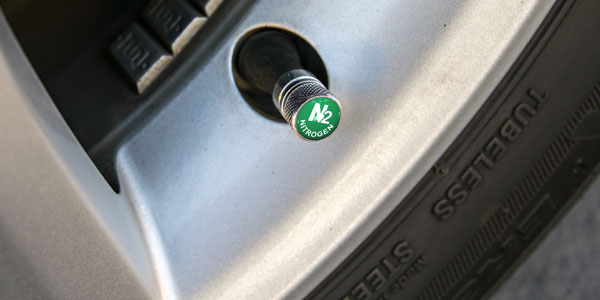niejelow
Active Member
- Joined
- Nov 18, 2021
- Messages
- 220
- Location
- Connecticut, Keywest, Lugano
- Cars
- Lucid Air Dream P
- DE Number
- 45
I just purged all the air out of the tires and replaced it with nitrogen. Marked mileage difference even in extreme cold (17degrees) get up to 3.0 m/KWm. Recommend this to all owners.

